By Sam Robinson
Words are good fun. My son and I were talking just the other day and came up with lots of different uses of the word “pound” – a measurement of weight, of currency, a place where lost dogs go, to hit something. I’m sure there are more. Words are crucial for our interactions with others, but how often do we really think about words and their meaning – not just to us, but for others?
One word I think about a lot is “busy”. I’ve been guilty of using this one myself a fair bit: “How are things going?” I’m asked. “Good… busy!” I say. “That’s good – good to be busy,” comes the reply.
We can become fixated with the idea of having work to do. Sometimes we do this at the expense of the right work. What, then, is the right work? Does it exist? Don’t you just do what’s expected of you? What your manager thinks you should be doing? What your customers think? What about what you think you should be doing?
Getting complicated, isn’t it?
One way (and it is just one way) of looking at this is that work varies in complexity. It varies in other ways too, but complexity is a useful way of looking at work. Complexity is about the nature of work – the variables at play and the time horizons. Variables are factors that can change things – like the weather, the skills of your team, or how much money you have in the budget.
Some variables can be seen straight away, like whether the hole is big enough for the post I’m about to pound into it. Or is it too big? Other sorts of work have variables involved that are less visible. For example, some organisations have a strategy that covers 5 years into the future. Let’s say it’s a construction company that builds commercial dwellings. The variables today might be obvious, like what’s happening in the economy and the team of builders and contractors. But how will this all look in 2 years’ time? How about 5 years’ time?
To be clear on the work you should be doing, you need to be clear on complexity. What’s the level of complexity of work in your role? Are you predominantly doing that level of work?
Back to being busy. I like how we also use this word to talk about paintings, sculptures – the visual world. You hear people talk about this in a pejorative sense – it’s a bit “busy” – meaning there’s a lot going on, but it’s not helping the overall picture. There’s something in that.
If you are “busy,” how much are you really contributing to the purpose of your work? Are you clear on the complexity of work you should be doing?
Getting on top of this will help you make sense of your work – and park being “busy”.
At LKS Quaero we help leaders succeed by going back to the basics of a leader’s role. For more information, visit us at lksquaero.com or follow us on LinkedIn, Facebook, and Twitter.










